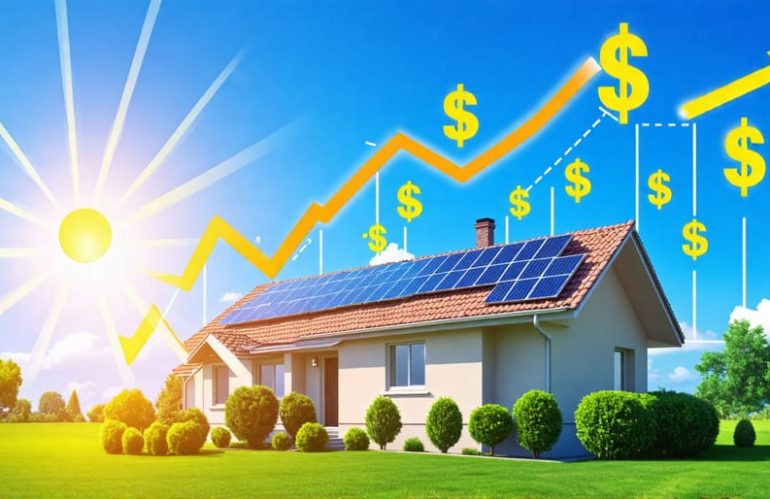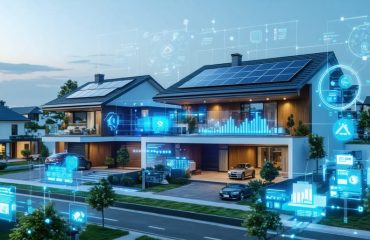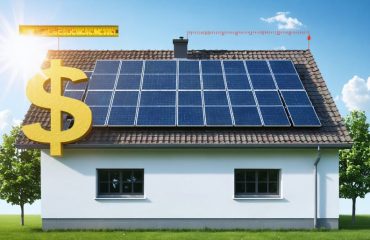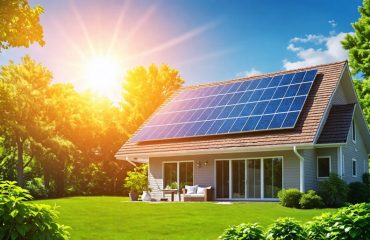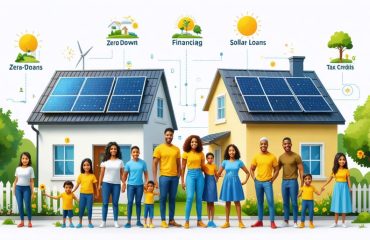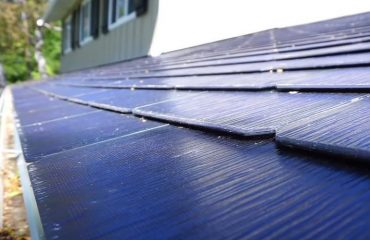Switch to solar panels to dramatically cut your monthly energy bills while increasing the value of your home. Invest in solar energy systems to take advantage of government incentives, such as tax credits and rebates, which significantly reduce the initial cost. Debunk myths by researching how solar helps lower carbon footprints, driving a cleaner and more sustainable future for your community. Explore financing options like leasing and power purchase agreements, allowing you to benefit from solar energy without upfront costs, simplifying the path toward renewable energy adoption.
Understanding Solar Energy’s Economic Role
Solar energy plays a pivotal economic role by providing a cost-effective and sustainable alternative to traditional energy sources. As global energy demands rise, many homeowners are turning to solar power to reduce their energy bills and gain more control over their energy consumption. By harnessing energy from the sun, solar panels help to stabilize energy costs, shielding homeowners from fluctuating rates associated with fossil fuels.
One of the key economic advantages of solar energy is its potential for long-term savings. While the initial investment for solar panel installation may seem significant, over time, the savings on electricity bills can offset these costs. Many regions also offer incentives, such as tax credits and rebates, further enhancing the financial appeal of solar adoption.
On a broader scale, solar energy contributes to energy market dynamics by promoting energy diversification. This reduces dependency on a limited set of non-renewable energy resources and encourages competition among energy providers, potentially driving down prices industry-wide. Furthermore, the growth of the solar industry has created numerous job opportunities, from manufacturing and installation to research and development, bolstering local economies.
Shifting to solar energy isn’t just a personal economic decision; it supports a sustainable future by reducing carbon footprints and promoting a cleaner environment. By investing in solar, homeowners contribute to a larger movement towards renewable energy, reinforcing the global transition to a more sustainable and economically stable energy system. With these benefits in mind, solar energy emerges not only as a sound financial choice but also as a responsible step toward a greener future.
Personal Financial Benefits of Solar Energy
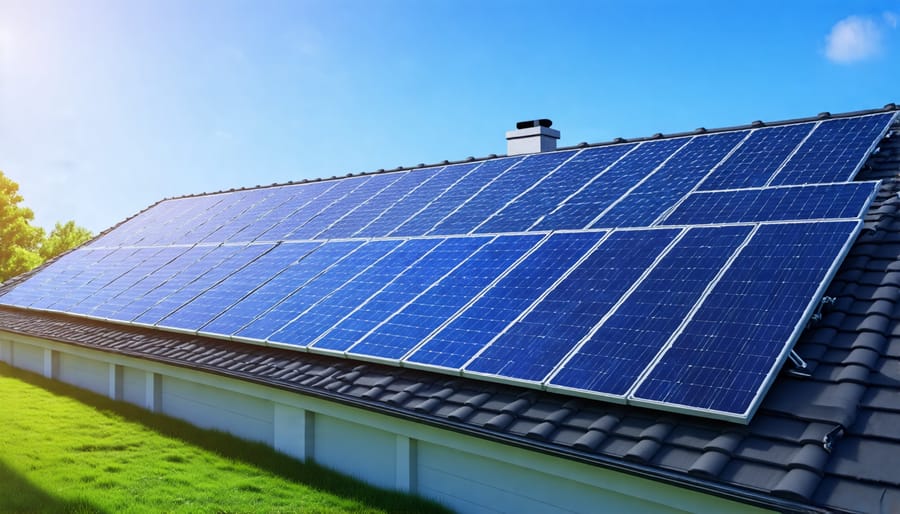
Reducing Energy Bills
Solar panels provide a significant opportunity for homeowners to cut their monthly energy bills. By harnessing the power of the sun, solar panels generate electricity directly, reducing the need to purchase energy from the grid. On average, homeowners can save anywhere from 10-30% on their monthly energy expenses, depending on the size of the installation and local sun exposure. Besides the immediate savings on bills, numerous financial incentives make solar energy even more appealing. Many regions offer tax credits and deductions, reducing the upfront investment cost. For instance, the federal government provides a solar investment tax credit, allowing homeowners to subtract a portion of the installation costs from their taxes. Some local governments and utility companies also offer rebates and performance-based incentives, further enhancing savings. These programs not only make solar installations more accessible but also ensure a quicker return on investment, often within a few years. Embracing solar energy not only supports sustainability efforts but also translates into tangible financial benefits for homeowners.
Increasing Property Value
Installing solar energy systems can offer significant financial benefits for homeowners, including an increase in property value. A home with a solar installation is often viewed as more attractive in the real estate market. For potential buyers, the promise of lower energy bills is a major selling point, making your home stand out. Studies have shown that homes with solar panels tend to sell faster and at a higher price compared to those without. This is because buyers understand that solar energy can lead to long-term savings and environmental benefits, adding to the overall appeal.
Moreover, numerous studies indicate that the investment in solar can often provide a solid financial return through increased property value. This means that not only do homeowners save on their electricity costs while living in the home, but they also potentially recoup their initial investment when selling the property. Debunking the myth that solar is just an upfront cost, these advantages showcase solar energy as a financially savvy and sustainable home improvement.
Macro-Economic Impact of Solar Energy
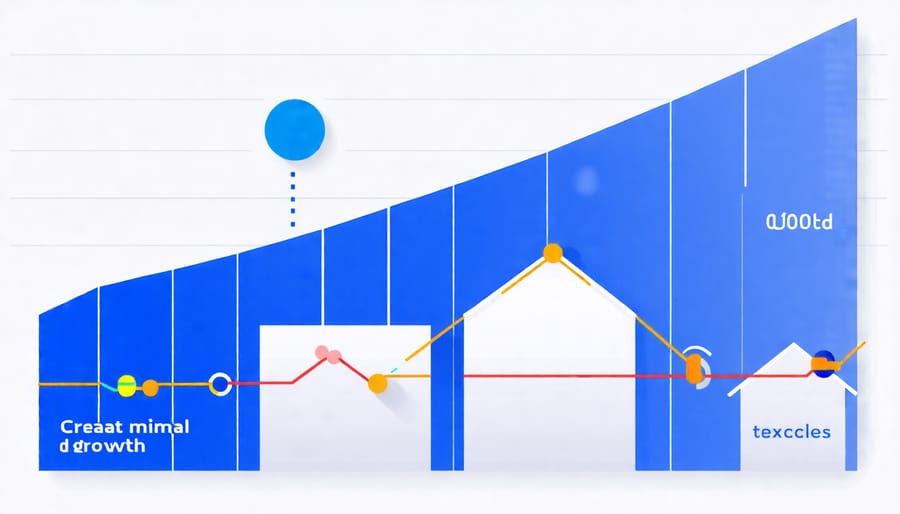
Job Creation and Economic Growth
The solar energy industry is a powerhouse for job creation and economic growth. As more homeowners and businesses decide to harness solar power, new opportunities continue to flourish. From manufacturing solar panels to installing systems, a diverse range of jobs is emerging, offering positions for skilled technicians, engineers, sales personnel, and more. This surge in employment not only lowers unemployment rates but also brings a fresh wave of economic vitality to local communities.
Beyond individual career opportunities, the growth of solar energy contributes significantly to national economic health. As solar technology becomes more widespread, it reduces reliance on fossil fuels, lowers energy costs, and promotes energy independence. The resulting market expansion encourages investment, fuels innovation, and creates a competitive edge in the global renewable energy sector. For environmentally-conscious homeowners seeking to cut energy bills, investing in solar power is a direct way to support a sustainable economy while enjoying personal financial benefits.
Fostering Energy Independence
Increasing solar energy capacity is a powerful step towards fostering energy independence. By harnessing the sun’s power, we can significantly reduce reliance on imported fuels, which often fluctuate in price and availability. Solar panels on rooftops are more than just energy savers; they empower homeowners to produce their own electricity, decreasing dependency on external energy suppliers. This shift not only contributes to global environmental efforts but also strengthens national energy security by minimizing vulnerability to international market shifts and geopolitical tensions. As more households switch to solar, the demand for imported energy resources diminishes, leading to a more stable and predictable energy market. It’s a win-win situation—with more control over their energy sources, homeowners can enjoy potential savings on utility bills, while also contributing to a more resilient energy infrastructure. Adopting solar energy is a visionary move towards a sustainable future, marrying personal financial benefits with national economic resilience.
Environmental and Long-term Economic Benefits
Transitioning to sustainable practices offers a plethora of environmental benefits that directly translate into long-term economic advantages for individuals and society as a whole. Adopting solar energy not only reduces carbon footprints but also stabilizes future energy costs. By decreasing reliance on nonrenewable resources, homeowners secure more predictable energy expenses, shielding themselves from volatile fossil fuel prices.
Moreover, investing in solar power contributes to a healthier environment, reducing pollution and ecological damage. This shift alleviates healthcare costs associated with air pollution, benefiting society by lessening public health burdens and enhancing quality of life. Reducing environmental harm also protects biodiversity, ensuring ecosystems continue providing valuable services like crop pollination and water purification, both vital for economic sustainability.
For homeowners, solar panels can significantly lower energy bills and increase property values, providing an attractive return on investment. Many regions offer incentives, such as tax credits or rebates, which can make initial costs more manageable and amplify savings over time. As solar technology advances, installation costs decrease, making solar energy more accessible and affordable.
Creating jobs is another economic benefit linked to solar adoption. The renewable energy sector, particularly solar, is experiencing rapid growth, offering numerous employment opportunities in manufacturing, installation, and maintenance. These jobs typically offer competitive wages and foster local economic development, proving that investing in solar power stimulates the economy beyond individual savings.
In sum, the environmental advantages of solar energy adoption are clear pathways to enduring economic prosperity. By embracing sustainable energy, society not only reaps immediate financial rewards but also lays the groundwork for a more resilient and economically vibrant future for generations to come. Through collective action, homeowners can substantially contribute to this positive chain of benefits while enhancing their own financial well-being.
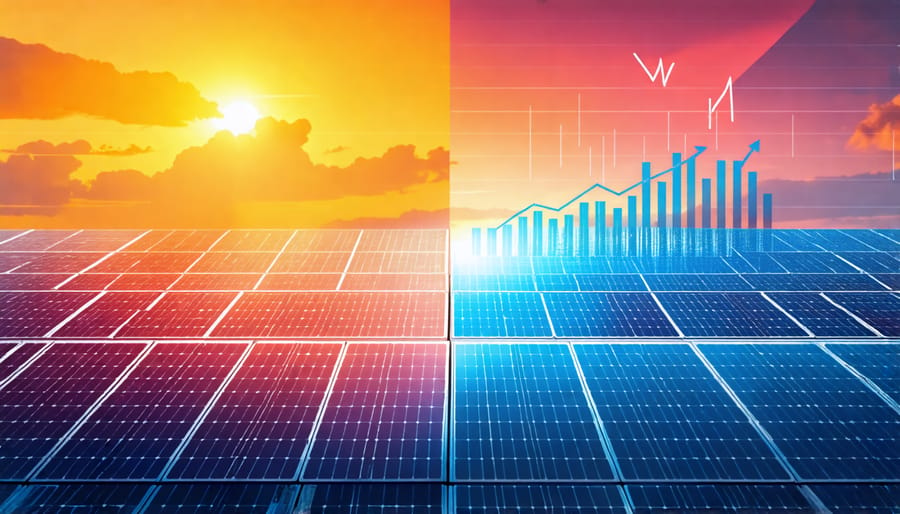
Debunking Myths About Solar Energy
Solar energy is a hot topic these days, but along with the buzz come several misconceptions that can cloud judgement. One common myth is that solar panels are prohibitively expensive, preventing homeowners from seeing genuine savings. However, thanks to advances in technology and generous government incentives, the cost of solar panels has dropped significantly. Many homeowners can now take advantage of cost-effective financing options, making solar energy more accessible than ever before.
Another myth suggests that solar panels are only efficient in sunny climates. In reality, solar panels are designed to be effective even on cloudy days, and they can provide substantial energy savings in a variety of weather conditions. The key is that solar panels capture daylight, not just direct sunlight, allowing them to operate in diverse environments.
Moreover, some believe that solar panels require excessive maintenance, but that’s far from the truth. They are designed to be durable and require minimal upkeep. Investing in solar energy not only reduces your carbon footprint but can also lead to significant reductions in energy bills, proving that going solar is both an eco-friendly and financially smart choice. By embracing solar energy, you’re not just making an investment in your home but also contributing to a sustainable future.
Conclusion
Embracing solar energy presents homeowners with a powerful opportunity for sustainable living and meaningful financial savings. By investing in solar installations, you not only reduce your monthly energy bills, but also increase the value of your home and contribute to a healthier planet. The cost of solar panels has significantly decreased in recent years, making it an accessible option for many. As myths surrounding solar energy are debunked, it’s clear that the economic advantages are profound—leading to long-term savings and a positive environmental impact. Consider making the switch to solar for a more sustainable future and tangible financial benefits.

